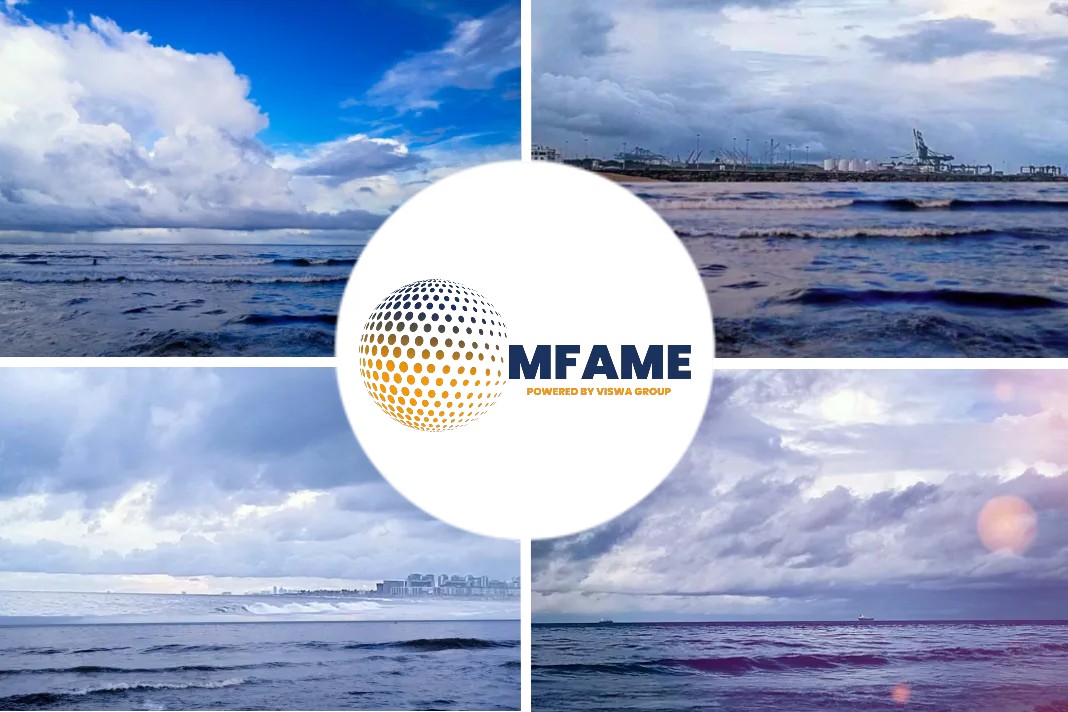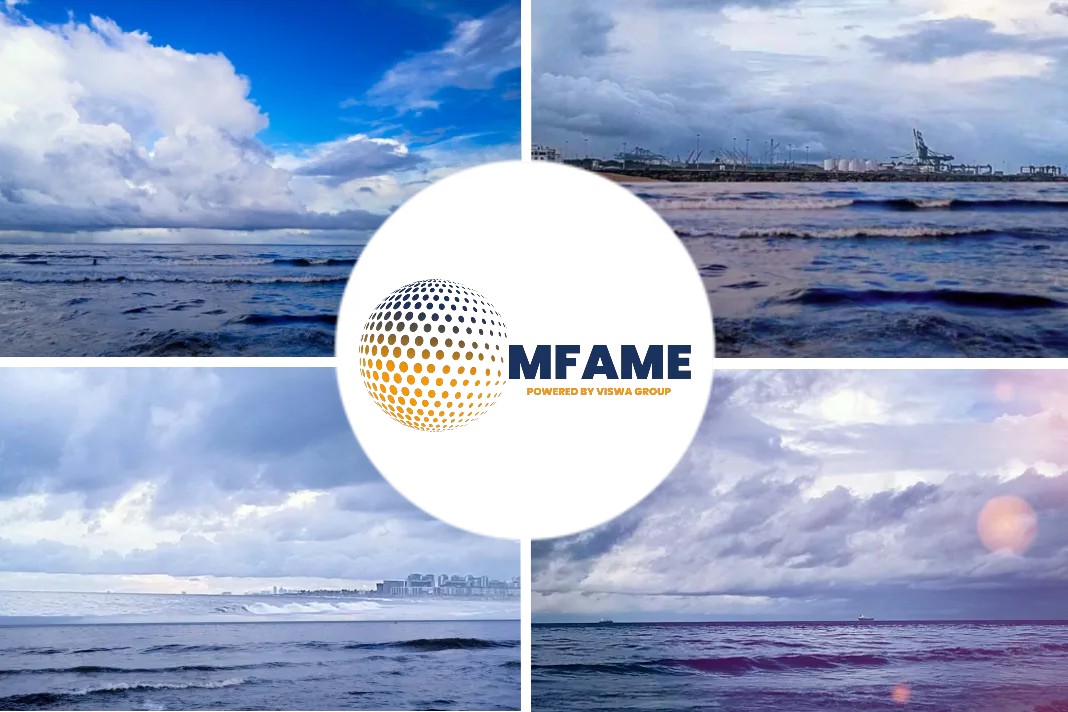- Gard covers the cost of pre-load steel surveys (after any contribution from charterers).
- Failure to carry out a pre-loading survey on finished steel products does not prejudice the P&I cover.
- Consignees/receivers of cargo are entitled to rely on the description in the bill of lading and may claim for damage or shortage.
Gard covers the cost of pre-load steel surveys (after any contribution from charterers). Only finished steel cargos justify the costs. We outline in this article the type of cargo that is covered by the pre-load recommendation, says an article published on their website.
Pre-loading surveys
As a general guideline, the Club will cover the costs involved in owners’ entries pre-loading survey on finished steel products. Accordingly, it is normally recommended that pre-loading surveys be carried out on the following products:
- Hot rolled steel in coils or bundles
- Cold rolled steel in coils, packs or bundles
- Galvanized steel
- Stainless steel
- Tin plates
- Wire rods
- Steel pipes
- Structural steel (rebars, channels, angles, beams, bars, strips, sections, forgings)
Product that do not require a pre-loading survey
However, certain low-value and semi-finished products, such as those listed below, normally do not require a pre-loading survey because these products must be processed further before use:
- Steel billets
- Steel blooms
- Steel slabs
- Steel scrap
- Steel swarf
- Pig iron
Typical cargo recommended for pre-load survey and those that are not, are illustrated below.
Costs of a pre-loading survey
Nevertheless, if despite the Club’s recommendation a member wishes to have a pre-loading survey of any of the above low-value and semi-finished steel products carried out, the Club may assist with the arrangements, but the costs of the survey will be for the member’s own account.
It should be noted that the mere failure to carry out a pre-loading survey on finished steel products does not prejudice the P&I cover.
However, P&I cover may be prejudiced if the master or the member knows that the bill of lading, waybill or other document evidencing the contract of carriage contains an incorrect description of the cargo or its quantity or its condition.
Consignees/receivers of cargo are entitled to rely on the description in the bill of lading and may claim for damage or shortage based on description of the order and condition as stated in the bill of lading.
Finally, there are occasions when it makes sense for an owner to agree with a time charterer to share the costs of a pre-loading survey on a 50/50 basis.
Generally, the Club does not have a problem with this, and it may be a good solution from a cost perspective if there is a sound on-going commercial relationship between owners and charterers.
However, it is appropriate to warn owners against agreeing to share the costs of a pre-loading survey with voyage charterers for the obvious reason that voyage charterers will quite frequently have a very close commercial relationship with the shippers, with the result that disputes over remarks in mate’s receipts and clausing of bills of lading can easily occur.
Did you subscribe to our daily newsletter?
It’s Free! Click here to Subscribe!
Source: gard



















Processing such materials and creating suitable parts requires special skills, speed and quality. Only one thing is important – it is reliability as a supplier of high professionalism in terms of quality performance. You can learn more about these services here https://cncfirst.com/